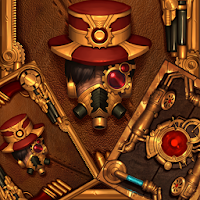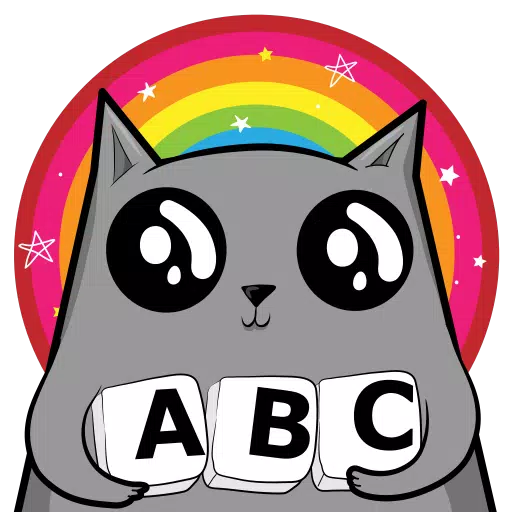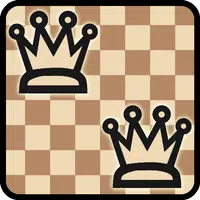Pokémon Clone Loses $15M in Copyright Suit
The Pokémon Company has successfully defended its intellectual property rights in a significant lawsuit against Chinese companies accused of copying its iconic Pokémon characters. This legal victory underscores the company's commitment to protecting its creative assets and ensuring that fans can enjoy authentic Pokémon experiences.
The Pokémon Company Wins Lawsuit Against Copyright Infringers
Chinese Companies Found Guilty of Copying Pokémon Characters
The Pokémon Company has emerged victorious in a legal battle against several Chinese companies accused of copyright infringement and intellectual property theft. Following a long legal battle, they've been awarded $15 million in damages. The lawsuit, filed in December 2021, accused the developers of creating a game that blatantly copied Pokémon characters, creatures, and core gameplay mechanics.
The controversy started in 2015 when the Chinese developers launched "Pokémon Monster Reissue," a mobile RPG that bore striking resemblances to the Pokémon series. The game featured characters that looked suspiciously like Pikachu and Ash Ketchum, and its gameplay mirrored the turn-based battles and creature collecting that are hallmarks of Pokémon. While The Pokémon Company does not own the monster-catching formula outright, and many games are inspired by it, they argued that Pocket Monster Reissue crossed the line from inspiration into blatant plagiarism.
For instance, the app icon for the game used the same Pikachu artwork from the Pokémon Yellow box. The game's advertisements prominently featured Ash Ketchum, Oshawott, Pikachu, and Tepig, without any alterations. Additionally, online gameplay footage showcased many familiar characters and Pokémon like Rosa, the female player character from Black and White 2, and Charmander.
 Image from perezzdb on YouTube
Image from perezzdb on YouTube
News of the lawsuit first emerged in September of 2022, when The Pokémon Company initially sought $72.5 million in damages along with a public apology across major Chinese websites and social media platforms. The lawsuit also demanded a halt to the development, distribution, and promotion of the infringing game.
After a lengthy court battle, the Shenzhen Intermediate People's Court sided with The Pokémon Company. While the final judgment fell short of the initial $72.5 million demand, the $15 million award sends a strong message to developers who attempt to capitalize on the established franchise. Three of the six companies being sued have reportedly filed an appeal.
Translated from GameBiz's article on the matter, The Pokémon Company assured fans that they "will continue to work to protect its intellectual property so that many users around the world can enjoy Pokémon content with peace of mind."
‘No One Likes Suing Fans,’ Former Chief Legal Officer at The Pokémon Company Said
The Pokémon Company has faced criticism in the past for shutting down fan projects. Former Chief Legal Officer of The Pokémon Company, Don McGowan, revealed in a March interview with Aftermath that, during his tenure, the company did not actively seek out fan projects to shut down. Instead, the company primarily took action when such projects crossed a certain line.
"You don’t send a takedown right away," said McGowan. "You wait to see if they get funded, for a Kickstarter or similar. If they get funded then that’s when you engage. No one likes suing fans."
McGowan emphasized that the legal team at The Pokémon Company typically becomes aware of fan projects through media coverage or personal discovery. He compared this to teaching entertainment law, where he advises students that gaining press attention can inadvertently bring their projects to the company’s attention.
Despite this general approach, there have been instances where The Pokémon Company has issued takedown notices for fan projects with only minor traction. This includes cases involving fan-made creation tools, games like Pokémon Uranium, and even viral videos featuring fan-made Pokémon hunting FPS.
Latest Articles















![Roblox Forsaken Characters Tier List [UPDATED] (2025)](https://ima.hhn6.com/uploads/18/17380116246797f3e8a8a39.jpg)















